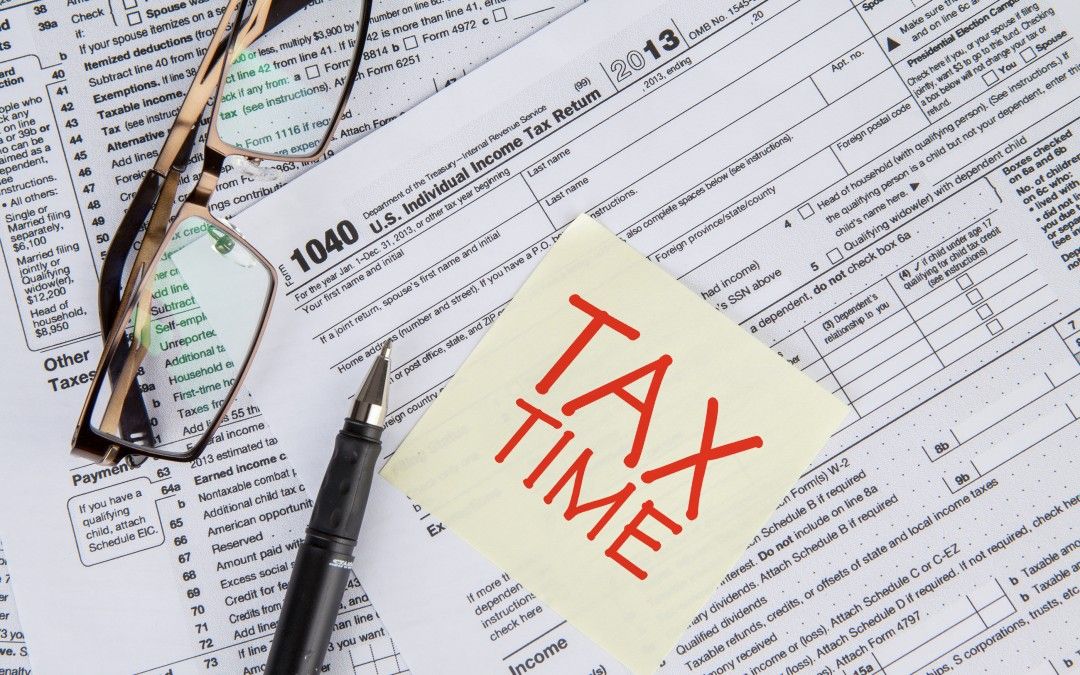
Every person who is taxable in Canada is required to file a return with the Canada Revenue Agency within specified timeframes. There are some limited circumstances where there is no requirement to file a return, but for most people a return (or a number of returns) will be required.
Tax returns are sometimes overlooked for one or more years. There are many, varied reasons why a person forgets or cannot file a return:
– That person or a loved one may have been very sick;
– That person may be under extreme pressure from business or other life events; or
– A number of other reasons that may prevent that person from filing a return or filing a return on time.
Whatever is going on in a person’s life, that person has to file a return if and when required. There is no way around this requirement and there is no limitation period for a return. If a person fails to file a return one year, or for a number of years, the Canada Revenue Agency (CRA) may decide to arbitrarily assess that person, creating a tax debt that the person has to pay. That person may challenge this through an objection or though the filing of actual returns. In either case, it is not just the taxes due that the taxpayer has to worry about. The CRA will also impose penalties and interest. If the returns are long overdue, the penalties and interest may exceed the actual taxes payable.
The Penalties for Not Filing Your Taxes

The penalties that the CRA can impose for failing to file a tax return when required are different whether the person is a first time offender or a repeat late filer. Where the person is a first time offender, the late filing penalty is five percent (5%) of the taxes owed PLUS one percent (1%) of the balance owing per month for a maximum of twelve (12) months. Where the person is a repeat non or late filer, the penalty increases significant to ten percent (10%) of the balance due that year PLUS two percent (2%) of the balance owing per month for a maximum of twenty (20) months. This can add up very quickly where there are a number of tax years that have not been filed.
There are a number of ways to avoid a late or non filing penalty. The most obvious way is to file returns when required and on time. However, even if a person cannot file their return on time, they can still avoid the penalty by paying the balance owing before the return due date. This is because the penalty is based on the balance due, and if there is no balance due, there is no penalty. The estimate of and payment of the balance owing may also not be possible. Where this is the case, there are two other avenues of avoiding late filing penalties. The first way to avoid late filing penalties is to use the CRA’s Voluntary Disclosures Program. If a person successfully applies to the Voluntary Disclosures Program, the CRA will grant 100% penalty relief in most cases (there are some cases where the person only qualifies for the limited program and only gross negligence penalties are waived while all other penalties apply). This can be a huge savings for that person. This program has many pre-conditions, and one such condition is that the disclosure be voluntary. This means that there cannot be any CRA action that could lead to discovery of the information you are going to disclose. So, if the CRA has contacted the person and asked them to file a return, this program is not available anymore. The only other route is to apply to the CRA’s taxpayer relief program where some or all of penalties can be cancelled or waived. As with the Voluntary Disclosures Program, the Taxpayer Relief Program also comes with pre-conditions that have to be met before the CRA grants relief.
There are many other circumstances where the CRA can impose penalties, but they are for another article.
Given the many pre-conditions of both the Voluntary Disclosures Program and the Taxpayer Relief Program that the CRA offers, the use of an expert is likely to significantly increase the chances of success. It’s important to make sure that a taxpayer uses a Chartered Professional Accountant (CPA) who is an expert in disputes with CRA.




